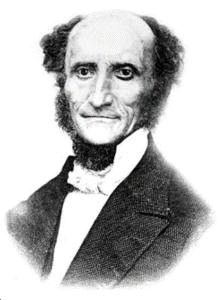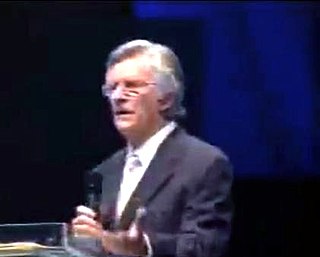A Quote by Gautama Buddha
Whoever makes love grow boundless, and sets his mind for seeing the end of birth, his fetters are worn thin. If he loves even a single being, Good will follow. But the Noble One with compassionate heart for all mankind, generates abounding good.
Related Quotes
The Gospel does not require anything good that man must furnish: not a good heart, not a good disposition, no improvement of his condition, no godliness, no love either of God or men…….. It plants love into his heart and makes him capable of all good works. It demands nothing, but it gives all. Should not this fact make us leap for JOY?
Being thus prepared for us in all ways, and made beautiful, and good for food, and for building, and for instruments of our hands, this race of plants, deserving boundless affection and admiration from us, becomes, in proportion to their obtaining it, a nearly perfect test of our being in right temper of mind and way of life; so that no one can be far wrong in either who loves trees enough, and everyone is assuredly wrong in both who does not love them, if his life has brought them in his way.
No man is happier than he who loves and fulfills that particular work for the world which falls to his share. Even though the full understanding of his work, and of its ultimate value, may not be present with him; if he but love it--always assuming that his conscience approves--it brings an abounding satisfaction.
The whole life of Christ was a continual Passion; others die martyrs but Christ was born a martyr. He found a Golgotha even in Bethlehem, where he was born; for to his tenderness then the straws were almost as sharp as the thorns after, and the manger as uneasy at first as his cross at last. His birth and his death were but one continual act, and his Christmas day and his Good Friday are but the evening and morning of one and the same day. And as even his birth is his death, so every action and passage that manifests Christ to us is his birth, for Epiphany is manifestation.
Whoever is truly humbled — will not be easily angry, nor harsh or critical of others. He will be compassionate and tender to the infirmities of his fellow-sinners, knowing that if there is a difference — it is grace alone which has made it! He knows that he has the seeds of every evil in his own heart. And under all trials and afflictions — he will look to the hand of the Lord, and lay his mouth in the dust, acknowledging that he suffers much less than his iniquities have deserved.
Turning the pages of scriptural history from beginning to end, we learn of the ultimate pioneer-even Jesus Christ. His birth was foretold by the prophets of old; His entry upon the stage of life was announced by an angel. His life and His ministry have transformed the world. . . . May we ever follow Him.
God, Who is by nature good and dispassionate, loves all men equally as His handiwork. But He glorifies the virtuous man because in his will he is united to God. At the same time, in His goodness he is merciful to the sinner and by chastising him in this life brings him back to the path of virtue. Similarly, a man of good and dispassionate judgment also loves all men equally. He loves the virtuous man because of his nature and the probity of his intention; and he loves the sinner, too, because of his nature and because in his compassion he pities him for foolishly stumbling in darkness.
If a man really sets his heart upon the will of God, God will enlighten a little child to tell that man what is His will. But if a man does not truly desire the will of God, even if he goes in search of a prophet, God will put into the heart of the prophet a reply like the deception in his own heart.
No one can build his security upon the nobleness of another person. Two people, when they love each other, grow alike in their tastes and habits and pride, but their moral natures (whatever we may mean by that canting expression) are never welded. The base one goes on being base, and the noble one noble, to the end.






























